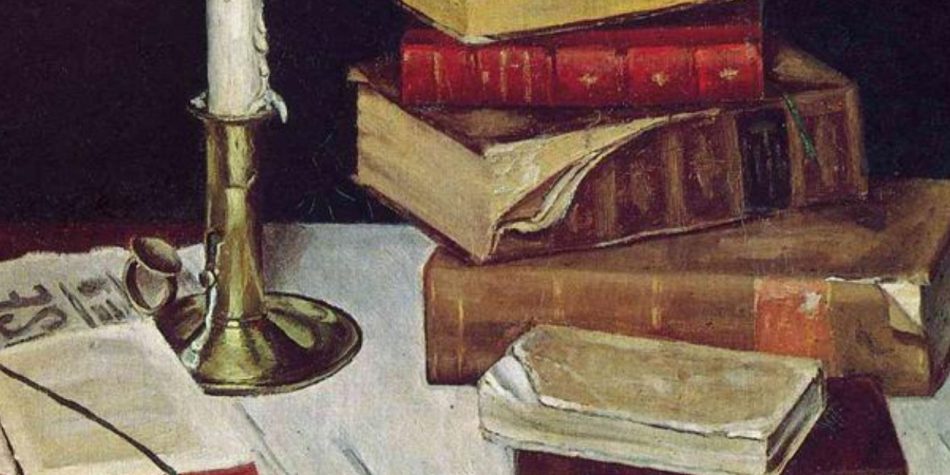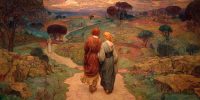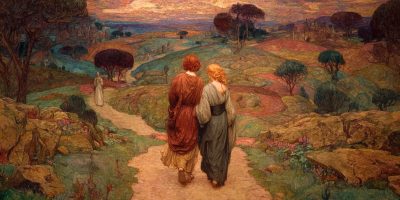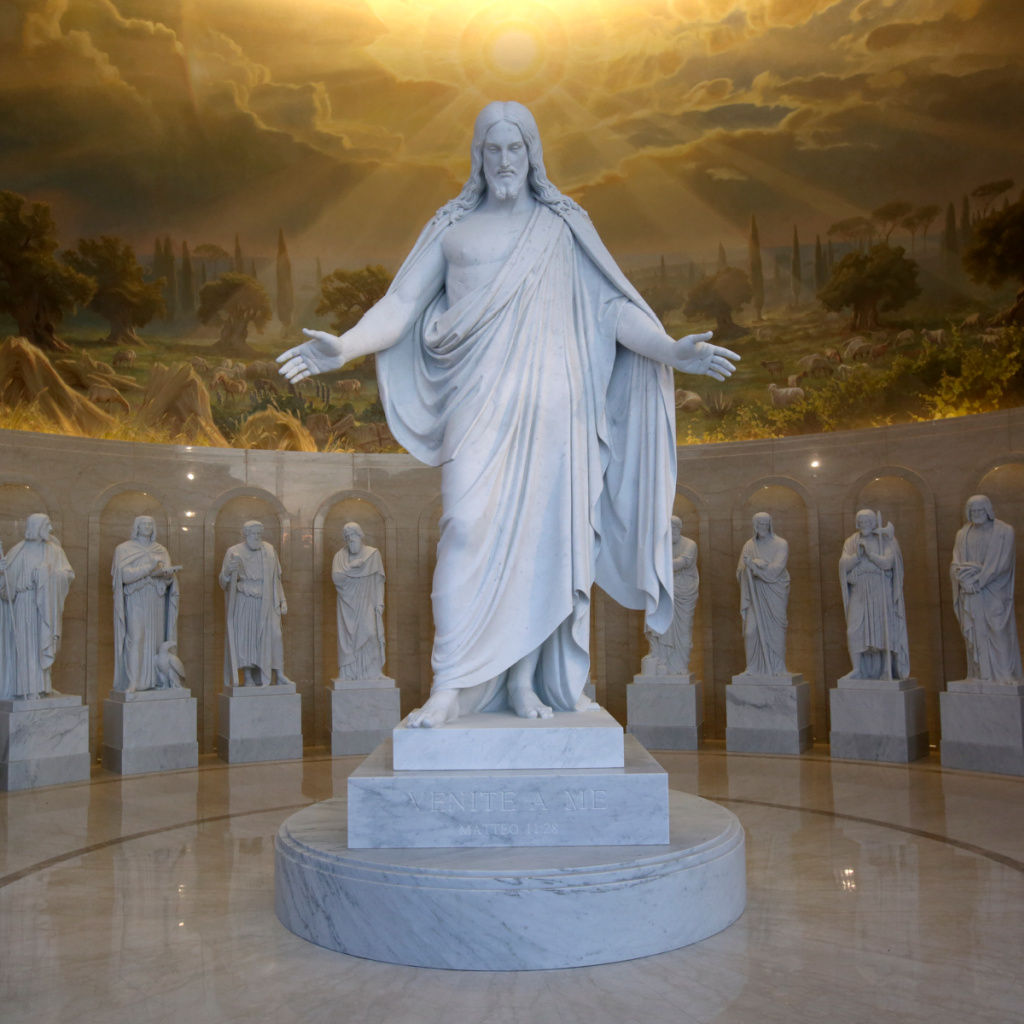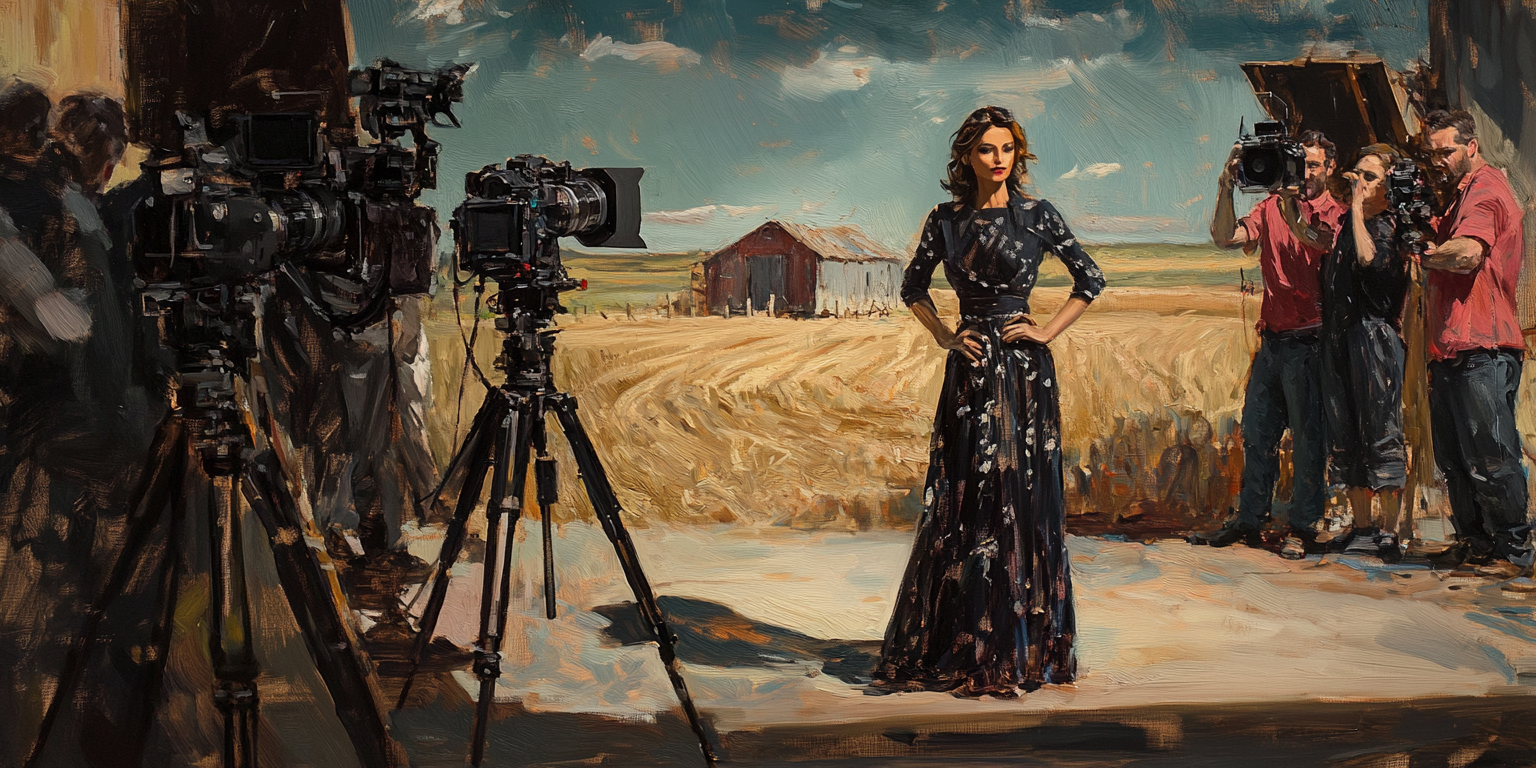Selected Short Stories of Anton Chekhov
In one of Chekhov’s tales, “Rothschild’s Fiddle,” the main character, Yakov, faces a terminal illness. It is only then that he laments his long life of self-absorption and cruelty.
“Why did people always do exactly what they should not do?” the narrator asks. “Why had Yakov spent his whole life abusing people, growling at them, threatening them with his fists, and offending his wife, and, you might ask, what need had there been to frighten and insult the Jew earlier that day? Generally, why did people interfere with each other’s lives? It made for such losses! Such terrible losses!”
Then comes an eternal truth that we should never tire of considering: “If there were no hatred and malice, people would be of enormous benefit to each other.”
The Choice: Embrace the Possible
Dr. Edith Eva Eger
The world needs people who can model for the rest of us what it is to reject victimhood. Auschwitz survivor Dr. Edith Eva Eger is such a person.
“There is no hierarchy of suffering. There’s nothing that makes my pain worse or better than yours, no graph on which we can plot the relative importance of one sorrow versus another,” she writes. “People say to me, ‘Things in my life are pretty hard right now, but I have no right to complain—it’s not Auschwitz.’ This kind of comparison can lead us to minimize or diminish our own suffering. Being a survivor, being a ‘thriver’ requires absolute acceptance of what was and what is. If we discount our pain, or punish ourselves for feeling lost or isolated or scared about the challenges in our lives, however insignificant these challenges may seem to someone else, then we’re still choosing to be victims. We’re not seeing our choices. We’re judging ourselves. I don’t want you to hear my story and say, ‘My own suffering is less significant.’ I want you to hear my story and say, ‘If she can do it, then so can I!’”
The Varieties of Religious Experience
William James
This book, first published in 1902, tells us we should not ignore the experiences of others simply because they are not our experiences. James writes, “nothing can be more stupid than to bar out phenomena from our notice, merely because we are incapable of taking part in anything like them ourselves.”
What’s more, he says, it is healthy and advantageous to grant space for error and improvement in our belief systems. “He who acknowledges the imperfectness of his instrument, and makes allowance for it in discussing his observations, is in a much better position for gaining truth than if he claimed his instrument to be infallible.”
Dominion: How the Christian Revolution Remade the World
Tom Holland
Though some ascribe Christianity’s moral power to a myth, Tom Holland tells readers that, as Tolkien argued, a myth can be true.
“To be a Christian is to believe that God became man and suffered a death as terrible as any mortal has ever suffered. This is why the cross, that ancient implement of torture, remains what it has always been: the fitting symbol of the Christian revolution. It is the audacity of it—the audacity of finding in a twisted and defeated corpse the glory the creator of the universe—that serves to explain, more surely than anything else, the sheer strangeness of Christianity, and of the civilization to which it gave birth. Today, the power of this strangeness remains as alive as it has ever been. It is manifest in the great surge of conversion that has swept Africa and Asia over the past century; in the conviction of millions upon millions that the breath of the Spirit, like a living fire, still blows upon the world; and, in Europe and North America, in the assumption of many more millions who would never think to describe themselves as Christian. All are heirs to the same revolution: a revolution that has, at its molten heart, the image of a god dead on a cross.”
An Armenian Sketchbook
Vasily Grossman
This passage from one of the Soviet Union’s best writers details the power (and danger) of habit.
“How mighty, how terrible, and how kind is the power of habit! People can get used to anything—the sea, the southern stars, love, a bunk in a prison, the barbed wire of the camps,” Grossman writes. “What an abyss lies between the first night of passion and a long, grinding argument about how best to bring up the children! How little there is in common between a first wonderful encounter with the sea and trudging along the shore in the stifling midday heat to buy something from the souvenir kiosk! How terrible the despair of a man who has just lost his freedom! And then there he is, lying on his bunk and yawning as he wonders what will be in today’s prison gruel: pearl barley or pickled cabbage? What creates this abyss is the power of habit. Dull as it seems, it is as powerful as dynamite; it can destroy anything. Passion, hatred, grief, pain—habit can destroy them all.”

